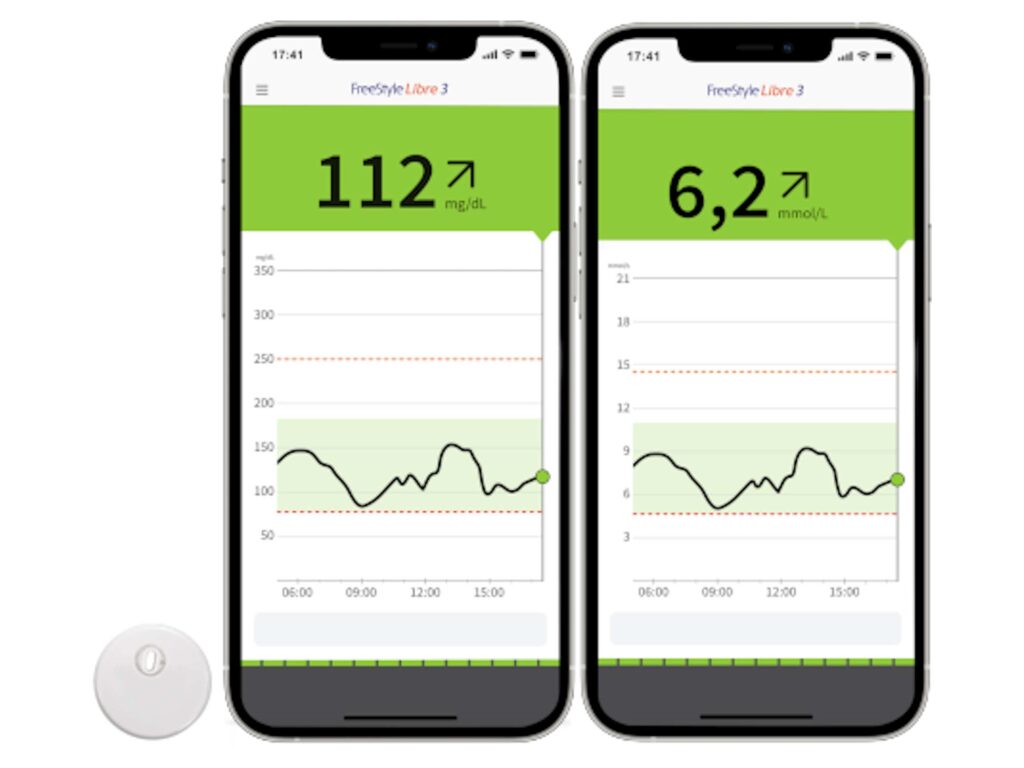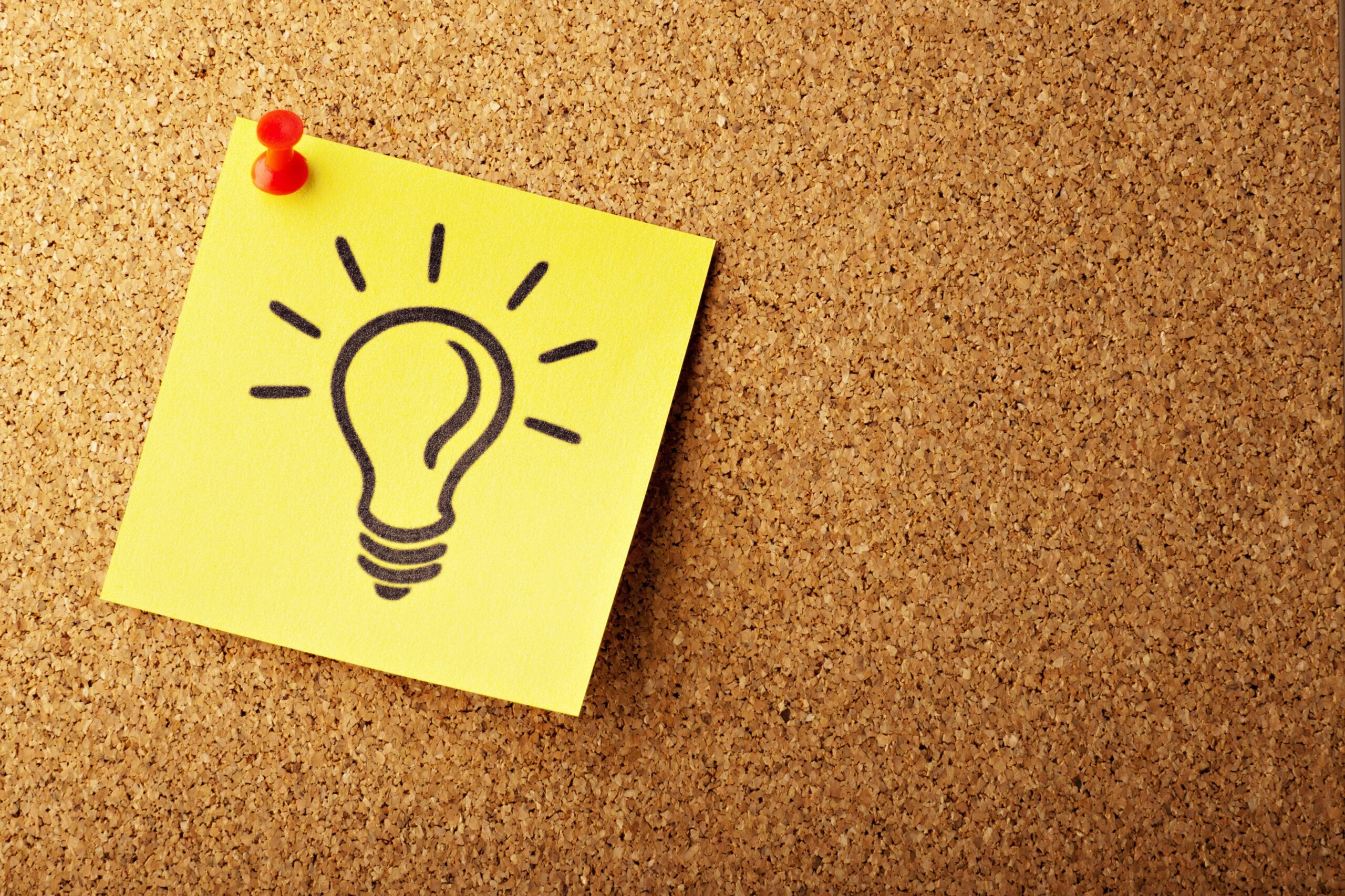
The release of Android 16 has sparked a wave of concern among users who rely on their smartphones to manage critical health conditions. While new Android updates often introduce visual and functional enhancements, this latest iteration has inadvertently created compatibility issues with certain medical devices, notably continuous glucose monitors (CGMs) such as Abbott’s FreeStyle Libre series.
Abbott Laboratories has confirmed that their FreeStyle Libre app is not yet officially compatible with Android 16. This announcement follows numerous user reports highlighting significant issues, including increased battery consumption and connectivity problems. These issues are particularly troubling for users who depend on the seamless operation of their glucose monitoring systems to manage diabetes effectively.
Compatibility Concerns with Medical Devices
Smartphones have evolved beyond mere communication tools, becoming integral to the management of various health conditions. For individuals with diabetes, devices like the FreeStyle Libre 3 and Libre 3 Plus are essential for real-time glucose monitoring. The Android 16 update, however, has disrupted this critical functionality for some users.
Reports from the user community indicate a range of problems, from excessive battery drain on devices like the Google Pixel 7 to persistent connection drops that cannot be resolved through simple app reinstalls. One user noted that these connection issues led to sensor shutdowns, potentially posing a financial burden due to the cost of replacing sensors prematurely.
Potential Health Hazards
The implications of these technical glitches extend beyond inconvenience. Interrupted connections to glucose sensors can result in missed alerts for blood sugar fluctuations, posing serious health risks. A user experiencing a drop in blood sugar without timely notification could face life-threatening consequences.
Similar issues have been reported with other medical devices, such as Dexcom’s insulin pumps, which can be paired with glucose monitors. These devices rely on consistent data transmission to function correctly, and any disruption could compromise their effectiveness.
Expert Opinions and Historical Context
Medical technology experts emphasize the importance of ensuring compatibility between smartphone operating systems and health management apps. Dr. Lisa Thompson, a specialist in medical technology integration, explains,
“Software updates can introduce unforeseen challenges for medical devices. It’s crucial for manufacturers and developers to collaborate closely to prevent these issues.”
This is not the first time an Android update has caused compatibility issues with medical devices. In 2023, a similar situation arose, highlighting the ongoing challenges in aligning rapid technological advancements with the stringent requirements of medical device functionality.
Looking Forward: Solutions and Recommendations
As users navigate these challenges, experts recommend several strategies. First, users should check for official statements from device manufacturers regarding compatibility with new software updates. Additionally, they should consider delaying updates until compatibility is confirmed.
Meanwhile, Abbott has indicated that they are working on a solution to address these issues. Users are advised to monitor official channels for updates and potential app patches that could resolve the current problems.
In the broader context, this development underscores the need for more robust testing and collaboration between tech companies and medical device manufacturers. As smartphones continue to play a pivotal role in health management, ensuring their seamless integration with medical technology will be crucial to safeguarding user health and safety.







